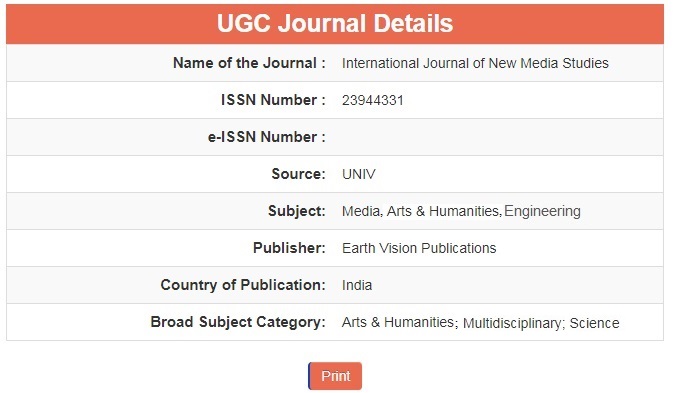Function of the Indian Parliament: An Exploratory Analysis
Keywords:
Parliament, executive, legislative, Judiciary, Loka Sabha, Rajya Sabha constitutional, democracy and AssemblyAbstract
Parliament is the legislative organ of the union government; the other two are Executive and Judiciary. The paper focuses on Indian parliament as responsible for enacting laws, scrutinizing policies, and representing the interests of the citizens. The Parliament makes laws in a skeleton form and authorizes the executive to make complete rules and regulations within the framework. The primary function of the parliament is to make laws for the governance of the country. The Indian Constitution grants legislative power to Parliament, allowing it to create and enforce laws concerning topics listed in the Union. The fundamental function of the legislation of India includes the administration, passing the Budget, ventilation of public criticisms.






